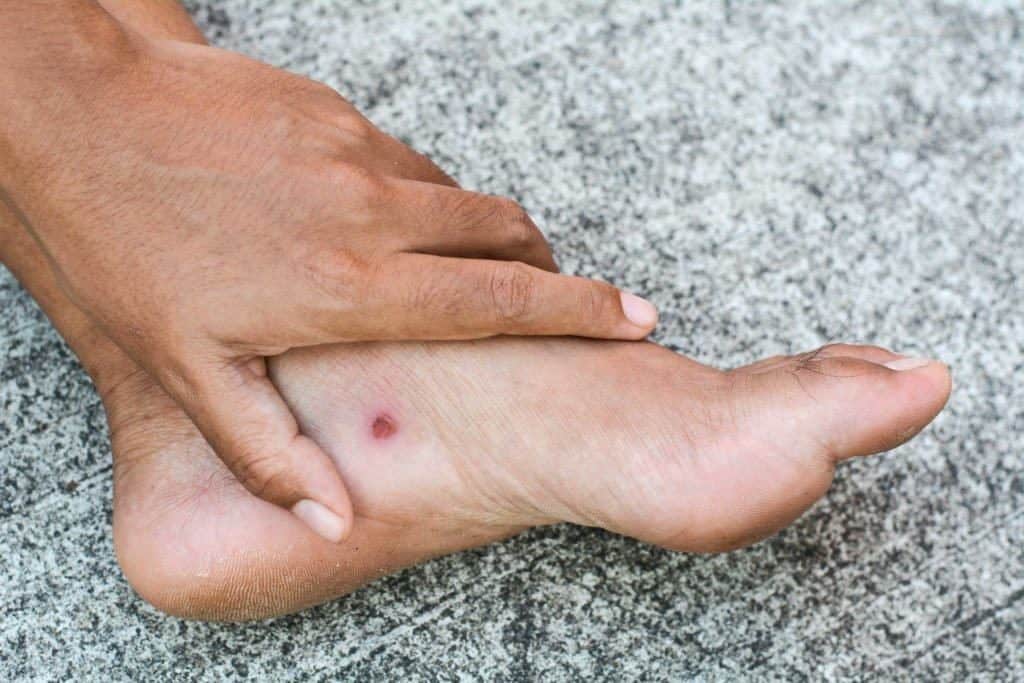Contents:
Medical Video: Kariotipe, Autosom, Gonosom
Definition
What is a karyotype?
A karotype is a test to identify and assess the size, shape, and number of chromosomes in a body cell sample. Additional or missing chromosomes, or abnormal positions in parts of the chromosome, can cause problems in the growth, development and function of one's body.
When do I need to undergo a karyotype test?
This test might be done:
- in couples who have a history of miscarriage
- to examine children or babies who have unusual or late developmental features
A bone marrow or blood test can be done to identify the Philadelphia chromosome, which is found in 85% of people with chronic myelogenous leukemia (CML). An amniotic fluid test is performed to examine the developing baby for chromosome problems.
Prevention & warning
What should I know before undergoing a karyotype?
Because the sex chromosome (XX or XY) is identified during chromosome analysis, this test will also determine the sex of the fetus. Some chromosome changes are too small or faint to be detected with karyotypes. Some other test techniques are kind fluorescent in situ hybridization (FISH) or microarrays may sometimes be done to further investigate chromosomal abnormalities. People can have cells in the body with different genetic material. This occurs because early changes in fetal development result in special differences in cell lines and are called mosaics. Examples are some cases of Down syndrome. The affected person can have several cells with an additional third 21 chromosome and several cells with a normal pair.
Process
What should I do before undergoing a karyotype?
You don't need to do anything before taking this test. Talk to your doctor about what is needed in the test, the risks, or the test procedures to be performed. Because information obtained from karyotypes can have a big impact on your life, you may want to see a genetic specialist (genetisis) or genetic counselor. This type of counselor is trained to help you understand the meaning of the karyotype test results for you, for example the risk of having a child with a genetic (genetic) condition such as Down syndrome. Genetic counselors can help you make informed decisions. Ask to do genetic counseling before making a decision about a karyotype test.
How is the karyotype test done?
Blood samples from arteries
Professional health professionals who take blood will:
- wrap an elastic belt around your upper arm to stop the blood flow. This makes the blood vessels under the bond enlarge making it easier to inject needles into the vessels
- clean the part to be injected with alcohol
- inject a needle into a vein. More than one needle may be needed.
- attach the tube to the syringe to fill it with blood
- remove the ties from your arms when taking blood is enough
- attach gauze or cotton to the injected part, after the injection is finished
- put pressure on the part and then put on a bandage
Cell samples from the fetus
For this type of test, cells collected from the fetus use a sample of amniocentesis or chorionic villus.
Cell sample from bone marrow
Bone marrow aspiration may be used to test karyotypes.
What should I do after the karyotype test?
Elastic ties are wrapped around your upper arm and will feel tight. You may not feel anything when injected, or you may feel like being stung or pinched. You can remove the bandages and cotton in 20-30 minutes. You will be notified when you can get the test results. The doctor will explain the meaning of your test results. You must follow the doctor's instructions.
Explanation of Test Results
What do the test results mean?
The karyotype test results are usually available in 1-2 weeks.
Normal:
There are 46 chromosomes that can be grouped as 22 matching pairs and a pair of sex chromosomes (XX for women and XY for men).
Normal size, shape and structure for each chromosome.
Abnormal:
There are more or less than 46 chromosomes.
The size or shape of one or more abnormal chromosomes.
A pair of chromosomes may be damaged or separated incorrectly.
Hello Health Group does not provide medical advice, diagnosis or treatment.











